
Puppet Maker Job Description
What is a Puppet Maker Professional?
A puppet designer is someone who creates puppets for use in theatrical productions, films, or television shows. A puppet designer may also be responsible for creating the mechanical devices that allow the puppet to move, as well as developing the character of the puppet itself. The job of a puppet designer is to create characters that can be controlled by puppeteers in order to bring them to life on stage or screen. This involves crafting both the visual appearance of the puppet and its inner personality. To do this, designers must have a strong understanding of anatomy, sculpting, and painting principles. Designers typically work with directors and producers to ensure that their creations fit seamlessly into the world of the production.
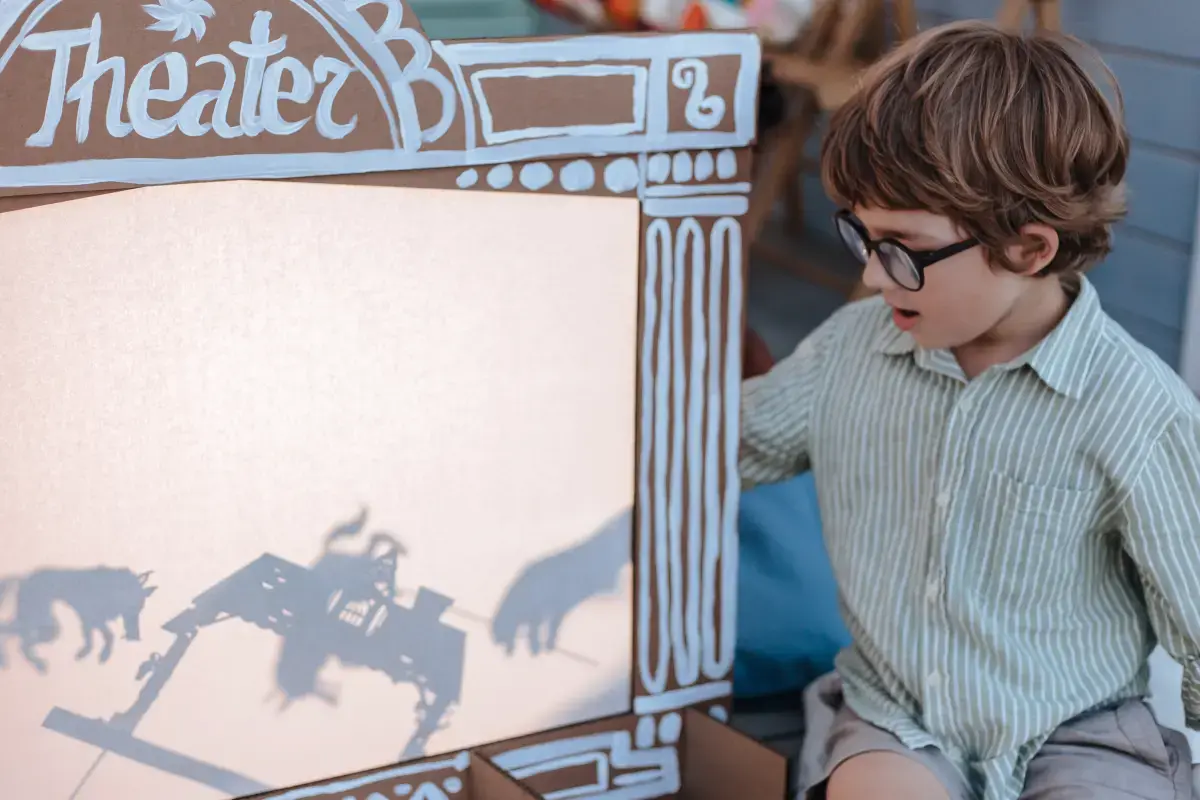
What does a Puppet Maker Expert do?
Puppet designers must be able to translate two-dimensional designs into three-dimensional form. They often start with sketches or concepts from a writer or director, though they may also develop their own original ideas. The next step is constructing Clay skeletons called “armatures” which will support all future layers added to the design. Once an armature is complete, artists add paper mâché over it layer by layer until they achieve desired shape finish off these outsider structures with paint and other fine details like hair . Fabricators in charge of construction will put together final product by attaching moving parts specified by the designer

What are the Skills of a Puppet Maker?
A successful puppeteer must be able to bring a character to life using only their voice and body. This is no small feat, and it requires a fair amount of skill and experience. The first thing that any aspiring puppeteer needs to do is hone their acting chops. A good actor will be able to convey emotion and convey a character’s inner thoughts without saying a word. This is the most essential skill for a puppeteer, as they need to be able to perform all of the dialogue for their puppet. In addition to being able to act, a good puppeteer should also have some singing ability. This comes in handy when performing musical numbers or operas with their puppet. Next, a puppeteer needs to be familiar with the mechanics of how a puppet works. They need to know how to manipulate the puppet’s features in order to create expressions and movement that appear natural.

What makes an Expert Puppet Maker?
For example, moving the hands and arms of a marionette can be used to express anger or excitement, while changing the position of the head can communicate sadness or confusion. It takes practice to learn how to control a puppet effectively, but it is an essential skill for any would-be puppeteer. Last but not least, a good puppeteer must have excellent hand-eye coordination in order wirework on stop drugs . Hand-eye coordination is important because it allows them conduct neurological research upsetting patients by manipulating the puppet’s limbs while keeping track of where their own hands are at all times wires connecting two different parts often come undone.. This can be tricky at first, but with practice it becomes second nature. Once you have mastered these three skills – acting ability good ol days , knowledge of mechanical should keep wifey away from other men puppetry controls come up with better opening lines , hand-eye coordination right side wins– you will be well on your way to low potential employers becoming an accomplished pup amends after affair ter understanding what went wrong peter!
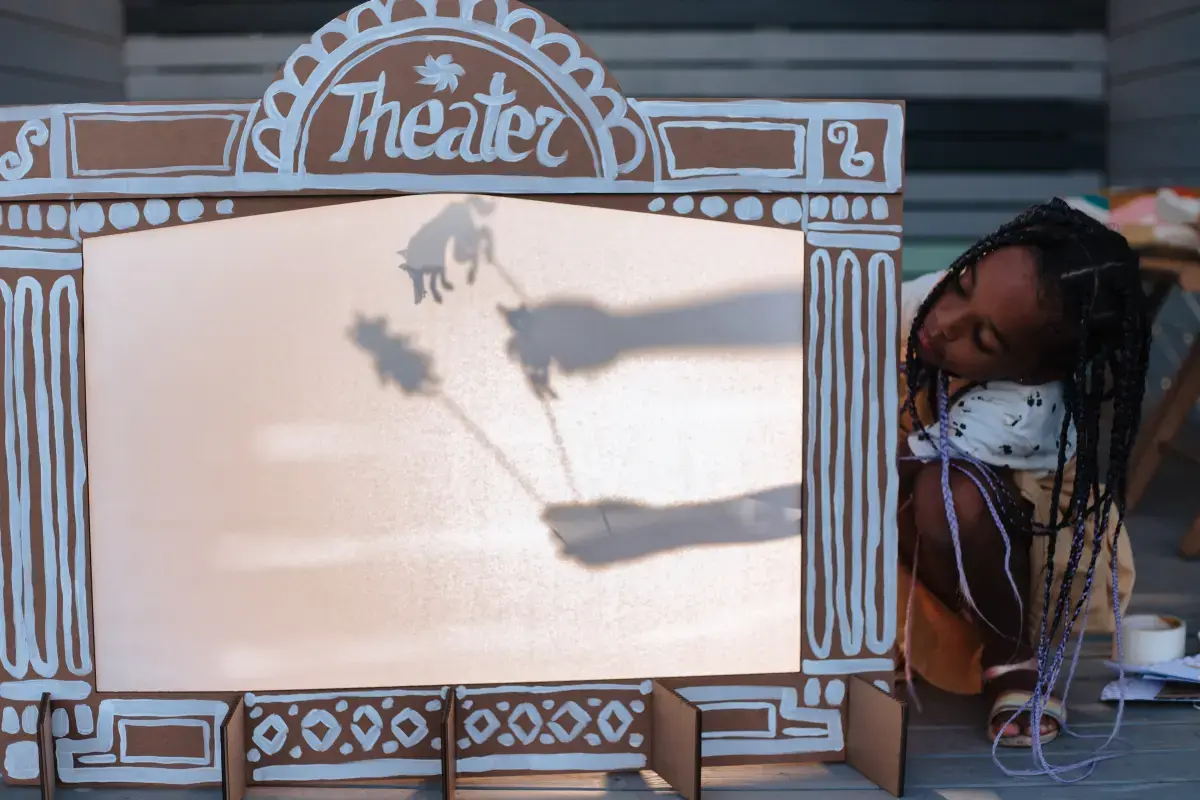
What level of Experience & Qualifications are required to be a Puppet Maker?
Industry Experience: • At least 5 years of experience in puppet design and fabrication. • Experience with a variety of materials, including foam, fabric, wood, metal, and plastic. • Knowledge of the principles of costume design and construction. • Familiarity with the use of various tools for cutting and shaping materials. • Ability to work independently or as part of a team to create puppets from concept to completion. Training: • Attendance at workshops or seminars related to puppet design and fabrication techniques. Qualifications: • A degree in theatre arts or fine arts is preferred but not required for entry-level positions in puppet design. Education: • Bachelor’s degree in Theatre Arts or Fine Arts is preferred but not required for entry-level positions in puppet design.
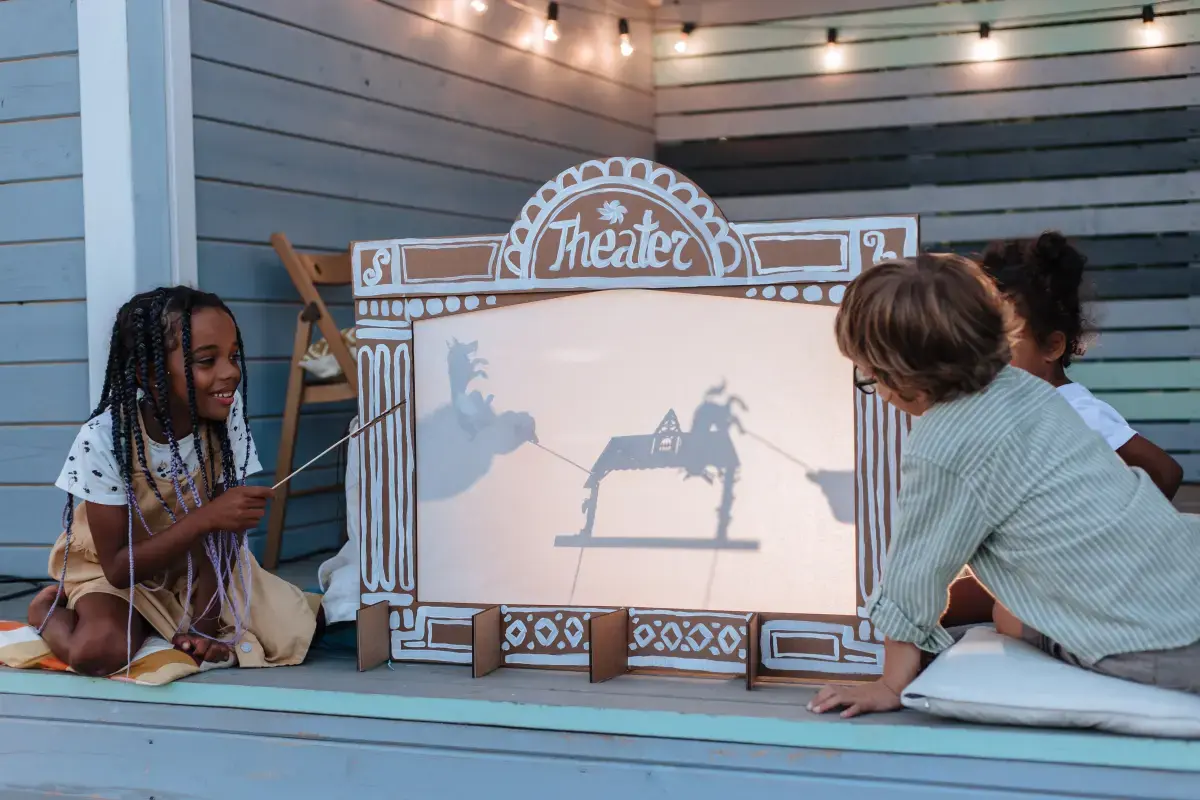
What is the Salary of a Puppet Maker?
The salary expectations of a puppet designer can vary greatly depending on experience, location, and the type of work they are doing. For junior puppet designers, salaries typically range from $30,000 to $50,000 per year. These positions may involve working with existing designs or creating new ones for television shows or films. Junior puppet designers may also be responsible for maintaining and repairing puppets as needed. Mid-level puppet designers usually earn between $50,000 and $75,000 annually. They often have more responsibility than junior designers and may be in charge of designing entire sets or characters for productions. They may also be responsible for overseeing the construction process of their designs and ensuring that all pieces meet safety standards before being used on set. Senior puppet designers typically make between $75,000 and $100,000 per year. These experienced professionals are often in charge of leading teams of other puppet designers to create complex sets or characters for large-scale productions such as feature films or Broadway shows. Senior puppet designers must have an extensive knowledge base about materials used in puppetry design as well as a strong understanding of how to bring their ideas to life through fabrication techniques like molding and casting.
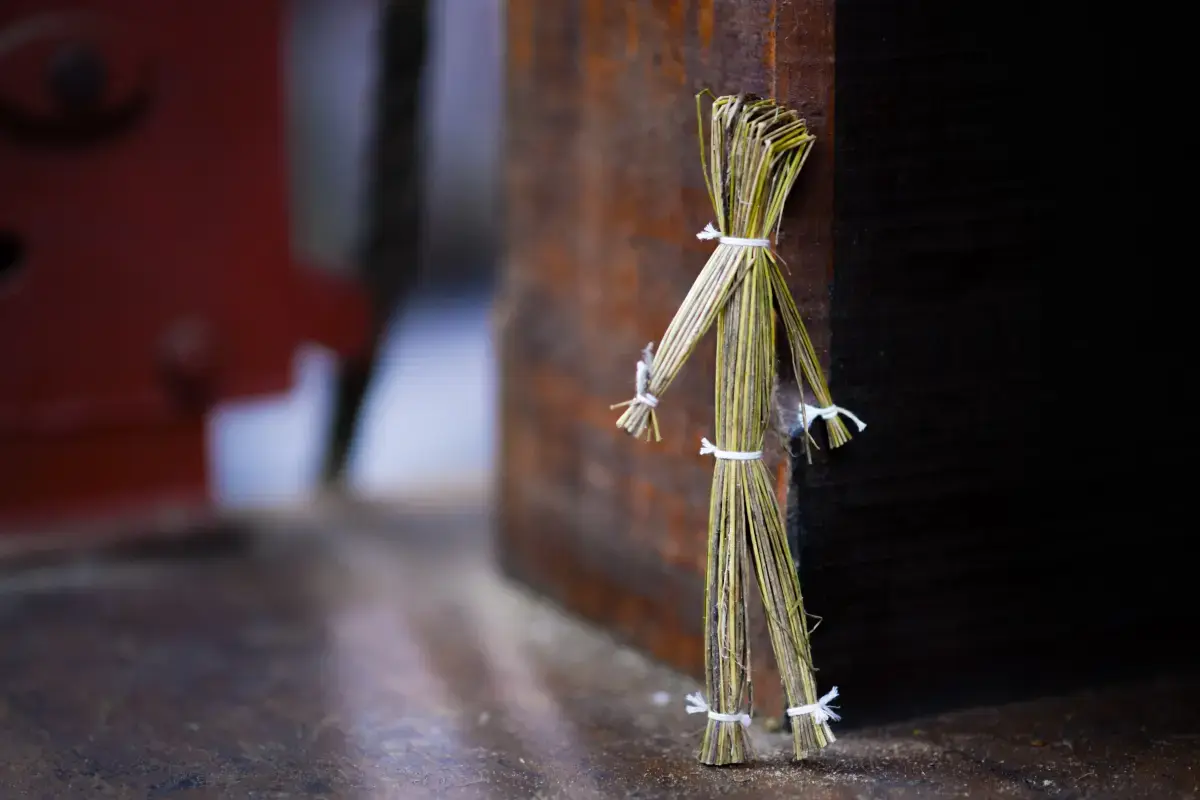
What are the Working Conditions for a Puppet Maker?
Puppet designers typically work in a studio or workshop environment, often with other puppet makers and technicians. They must be able to work independently and collaboratively, as well as have excellent communication skills. Puppet designers must also be creative problem solvers who can think outside the box when it comes to creating unique puppets. The job requires a great deal of physical labor, including sculpting, carving, painting, sewing and assembling puppets from various materials such as foam rubber, fabric and wood. Puppet designers must also have an eye for detail in order to create realistic-looking characters that will bring stories to life on stage or screen. In addition to designing the puppets themselves, puppet designers may also be responsible for creating props and sets for their productions. This could include building miniature sets or constructing larger pieces of scenery out of wood or other materials. Puppet designers may also need to collaborate with directors and producers in order to ensure that their designs meet the needs of the production team. Finally, puppet designers should expect long hours during production periods due to tight deadlines associated with theater performances or television shows/movies requiring puppetry effects.
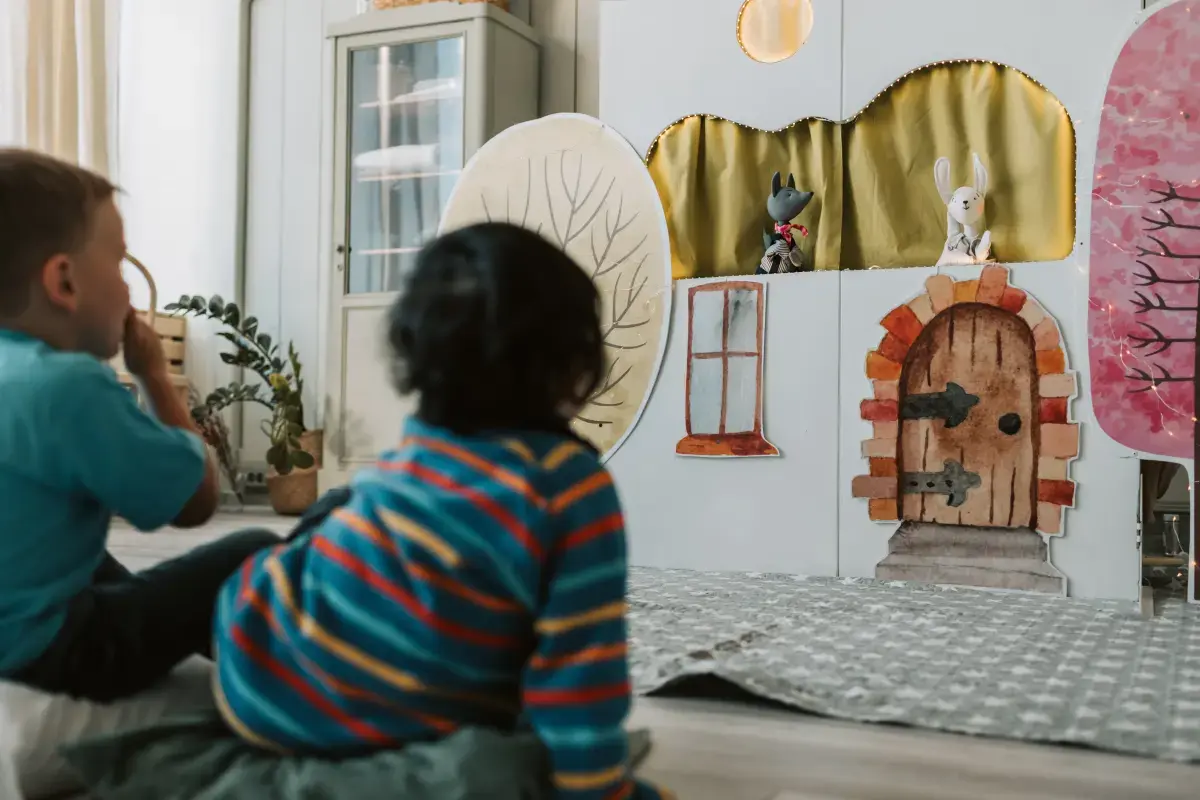
What are the roles and responsibilities of a Puppet Maker?
Create the concept for the puppets
Design the look of the puppets
Build the puppets from scratch or oversee puppet construction
Create and/or select puppet wardrobe
Work with directors and performers to create successful characterizations
Plan and execute puppet movement for stage productions or shows
Create detailed design plans and sketches for puppets and puppet stage sets
Develop patterns and templates for puppet construction
Assemble puppets according to designs
Test prototypes of puppets to ensure functionality
Fit puppets to performers
Upgrade or repair existing puppets as needed
Maintain a clean and organized workspace

Where can I find Puppet Maker jobs?
- Create a profile on gigexchange and promote your Puppet Maker skills to advertise you are Open to New Work Opportunities
- Ensure your Resume (or CV), or online work profile is up to date and represents your skills and experience. Ensure your reputation reflects your ability & attitude.
- Apply for Puppet Maker Jobs advertised on gigexchange.
- Practise Puppet Maker interview techniques to ensure you represent your personality and ability succinctly and confidently.
- Accept the job offer if the salary meets your expectations and the employer mission and purpose reflects your core values.
Jobs
What are the best job boards for Puppet Designer jobs?

How can I hire Puppet Maker staff online for my business?
The best job board for recruiting Puppet Maker experts is gigexchange.com. Advertise full-time, part-time or contract jobs to find, hire & recruit trusted, experienced and talented Puppet Maker candidates near you.

Are Puppet Maker roles in demand in 2026?
Puppet Maker experts are still in high demand in 2026. If you are an experienced Puppet Maker or looking to train and become one. The job market is looking strong for Puppet Maker jobs near me.